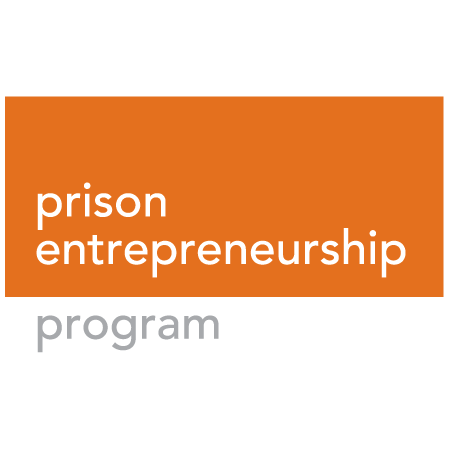More Than Business
While PEP teaches entrepreneurship, its deeper impact lies in personal transformation. At the heart of that transformation is emotional intelligence; the ability to understand, manage, and express one’s emotions with awareness and empathy.
It’s one of the most important skills a leader can have. It’s also one of the most overlooked areas of growth inside a prison.
Why Emotional Intelligence Matters
Many participants enter the program with deep survival skills but few tools for conflict resolution, healthy communication, or self-awareness. These gaps can be barriers to employment, relationships, and long-term stability.
PEP addresses this head-on. Emotional intelligence isn’t treated as a side topic, it’s built into the experience.
Built Into Every Interaction
Participants practice feedback, active listening, and accountability through structured activities like the “Authentic Manhood” curriculum and the Peer Accountability process. They learn how to check in with themselves and each other; not with judgment, but with clarity.
These lessons are reinforced daily through group coaching, business presentations, and one-on-one mentorship.
Growth That Lasts Beyond Release
Emotional intelligence is what helps PEP graduates lead businesses, rebuild families, and handle life’s challenges after incarceration. It improves decision-making, reduces conflict, and lays the groundwork for trust with others and with themselves.
When graduates say PEP changed their life, this is often what they mean.
Final Thought:
Teaching emotional intelligence inside prison isn’t a luxury. It’s essential. It’s one of the most powerful ways PEP helps men lead with purpose, humility, and strength both in business and in life.



